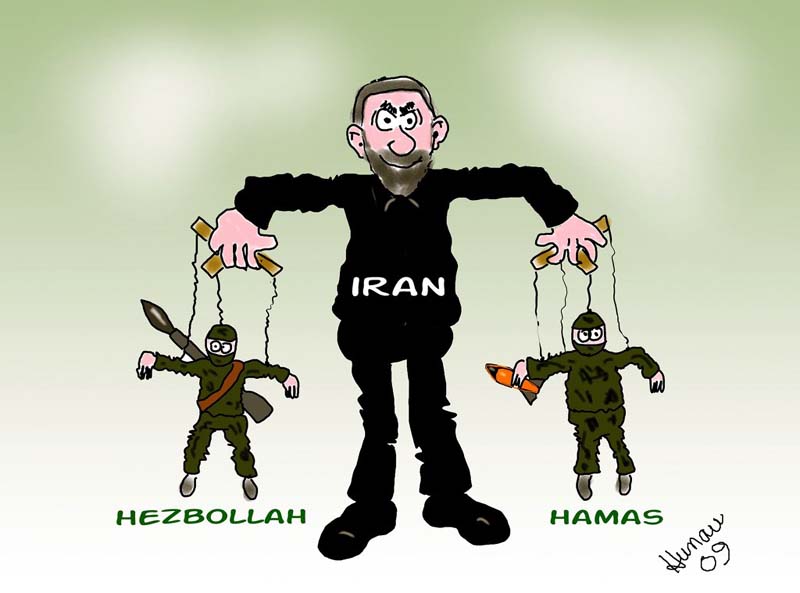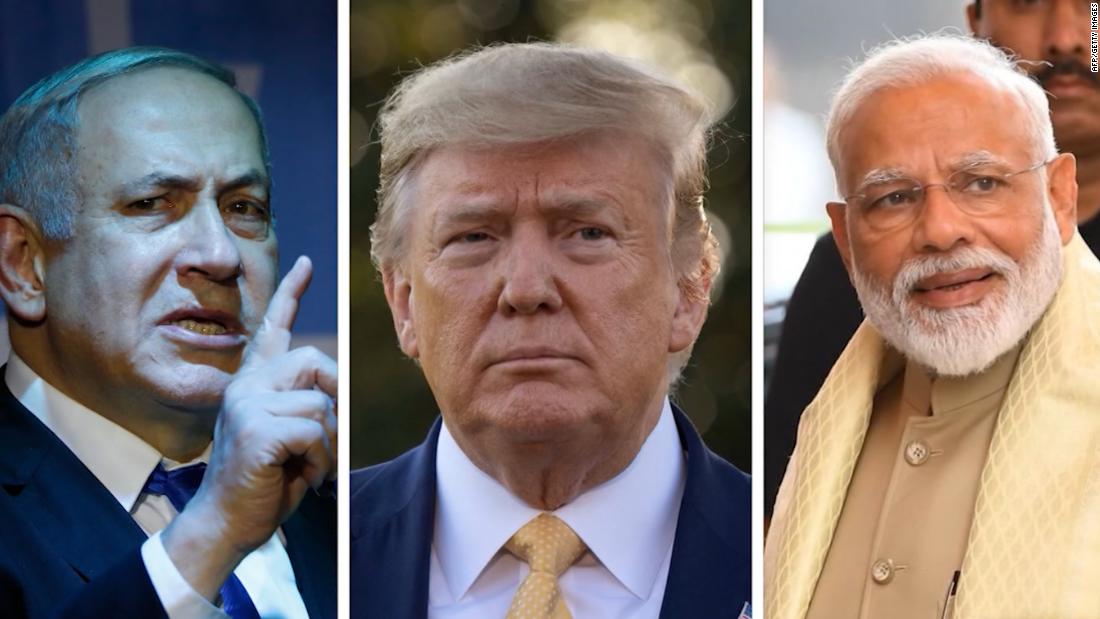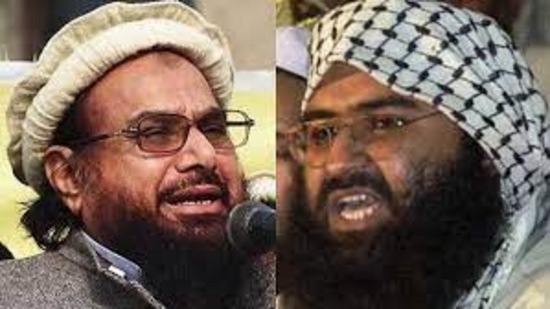In a world increasingly threatened by violent extremism under the garb of religion, it’s time for democracies to wake up from their slumber. Islamic terror is not a regional problem anymore—it is a global cancer. If left unchecked, it threatens not only Israel or India, but the very fabric of liberal democracies. The time for neutrality is over. The West, the East, and every civilization that believes in peace, liberty, and the rule of law must align in this war—not for land, oil or influence—but for survival.
In my view, today, two democracies stand at the frontlines of this battle: India and Israel. Coincidentally—or perhaps by fate—both are surrounded by hostile Islamic regimes and ideologies determined to obliterate their existence. While India faces an unrelenting jihadist threat nurtured in Pakistan, Israel stares down a coalition of terror outfits armed and funded by Iran. Yet, both nations have shown the will to strike back—with surgical precision, strategic clarity, and moral courage.
Let me be clear: the Israel-Iran conflict and the India-Pakistan confrontation are not isolated local disputes. They are symptoms of the same disease—a virulent brand of political Islam that believes in the supremacy of one faith through violence, terror, and eventual global dominance. Hamas, Hezbollah, Lashkar-e-Taiba, Jaish-e-Mohammed—these are not just terror outfits. They are ideological tentacles of a pan-Islamic expansionist project. And democracies remain their prime target.
The Western world, particularly the EU, continues to issue hollow statements of “restraint,” ignoring the brutal realities on the ground. France, Germany, and the UK—nations that have themselves suffered at the hands of Islamist radicals—choose appeasement and platitudes over principle. Britain still hasn’t recovered from the Manchester, London Bridge, or Westminster attacks. Yet, it continues to host radical clerics and peddles the fantasy that dialogue alone can tame jihad.

The United Nations, meanwhile, has become a stage for meaningless resolutions that no one respects anymore. Its calls for “ceasefire” in Gaza are rightly ignored by Israel, which knows it’s fighting for its very survival. With Iranian missiles flying over Tel Aviv and proxy terror units embedded across Lebanon and Syria, how long should Israel wait before retaliating? Until another October 7 massacre? No civilized nation should ever accept such odds.
What can we say about the US President Donald Trump? His policy on Iran was unambiguous. His calls for “regime change” in Tehran may have lacked diplomatic finesse, but not moral clarity. The Iranian regime is the chief financier, arms supplier, and ideological anchor for Islamic terror across the globe. Its Quds Force has blood on its hands from Syria to Yemen, from Iraq to Israel. The Iranian people, many of whom yearn for modernity and peace, remain hostages to the fanatical Ayatollahs who dream of a new caliphate.

Recent reports suggest Iran has even warned Pakistan against allowing American troops any logistical access—clearly afraid that Islamabad might flip. But this shows Iran’s deeper fear: losing its hold over the Sunni street and its relevance in the Muslim world.
India, under Prime Minister Narendra Modi, has adopted an uncompromising approach to terrorism, inspired in part by Israel’s playbook. After the heinous Pulwama attack in 2019, India responded with an air strike on Balakot, destroying terror camps without touching civilian zones. In a more recent strike following the Pahalgam massacre, India eliminated 9 out of 21 Pakistani-trained terrorists with surgical precision. Only when Pakistan escalated did India retaliate with heavier blows, targeting military installations that rattled even the US, especially near Pakistan’s nuclear sites close to the Nur Khan Air Base.
This shift in doctrine—from strategic restraint to active deterrence—mirrors Israel’s stance post-Hamas attack on October 7, 2023. From clearing Hamas operatives in Gaza to dismantling terror networks in Syria and Lebanon, Israel has shown that peace is not bought through patience, but preserved through strength.

Meanwhile, China’s support to rogue Islamic regimes like Iran may seem like a clever geopolitical move, but it’s a dangerous gamble. A nation that runs concentration camps for its own Muslim minority (Uighurs) cannot expect to be spared by the forces of jihad in the long run. Beijing might believe it can use Islamists as pawns against the West or India, but it risks importing the very extremism it suppresses at home.
Hence, I feel, if the world truly wants to prevent a Third World War, it must act now, not by appeasing terrorists, but by standing firmly with nations who are actively fighting them. The expansion of Islamism through terror is not just an Israeli or Indian problem—it is a threat to every democracy that values pluralism and peace.
Civilized nations must stop treating India and Israel as lone warriors. This is not their war alone. It is a fight for humanity’s future. The world must choose: Stand with the democracies, or be complicit in their downfall.




